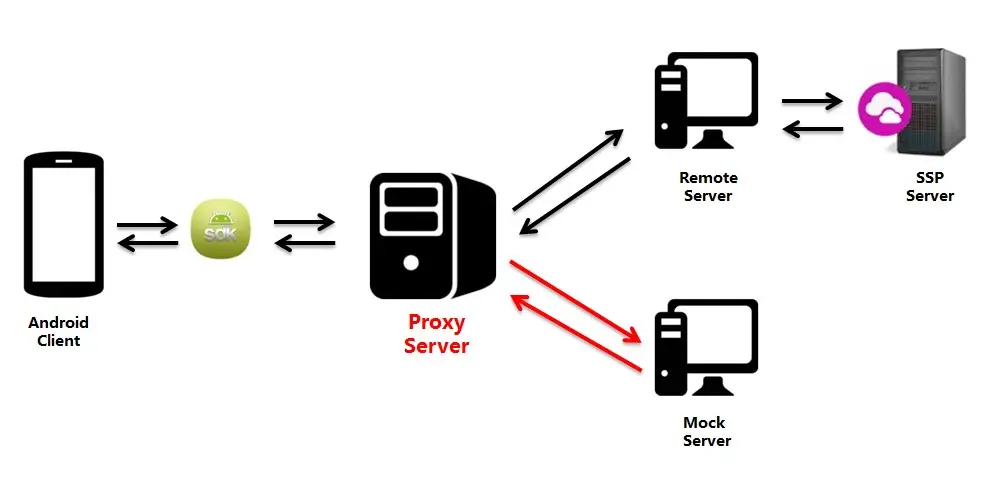Any device or software on the internet typically falls into one of two roles: clients or servers. A client, such as your web browser, reaches out to servers with requests for data. When you visit a website with your browser, you’re sending a request to that site’s web server.
Servers field requests and then reply with the requested data. Behind every website is a server or group of servers that work to deliver the website to your browser. These requests and replies are known as traffic.
Without an online proxy, your computer communicates directly with web servers. All the websites that communicate with your browser can see your computer and speak with it directly. In other words, your IP address is public knowledge. But what if you want to get rid of all that public exposure?
A web proxy or other proxy server sits in front of the client or a network of clients and handles this traffic on its behalf. This proxy server is another computer that’s connected to both the internet as well as your computer, and it has its own IP address. Your computer speaks only to the proxy, and the proxy forwards all communication onward to the internet at large.
And when the internet replies, the proxy passes those replies to your computer. Many proxies — but not all types — can conceal your computer’s IP address, so that the websites you’re accessing don’t know who you really are. By connecting to a proxy with an IP address in a different part of the world, you can even “change” your geographical location on the internet.
